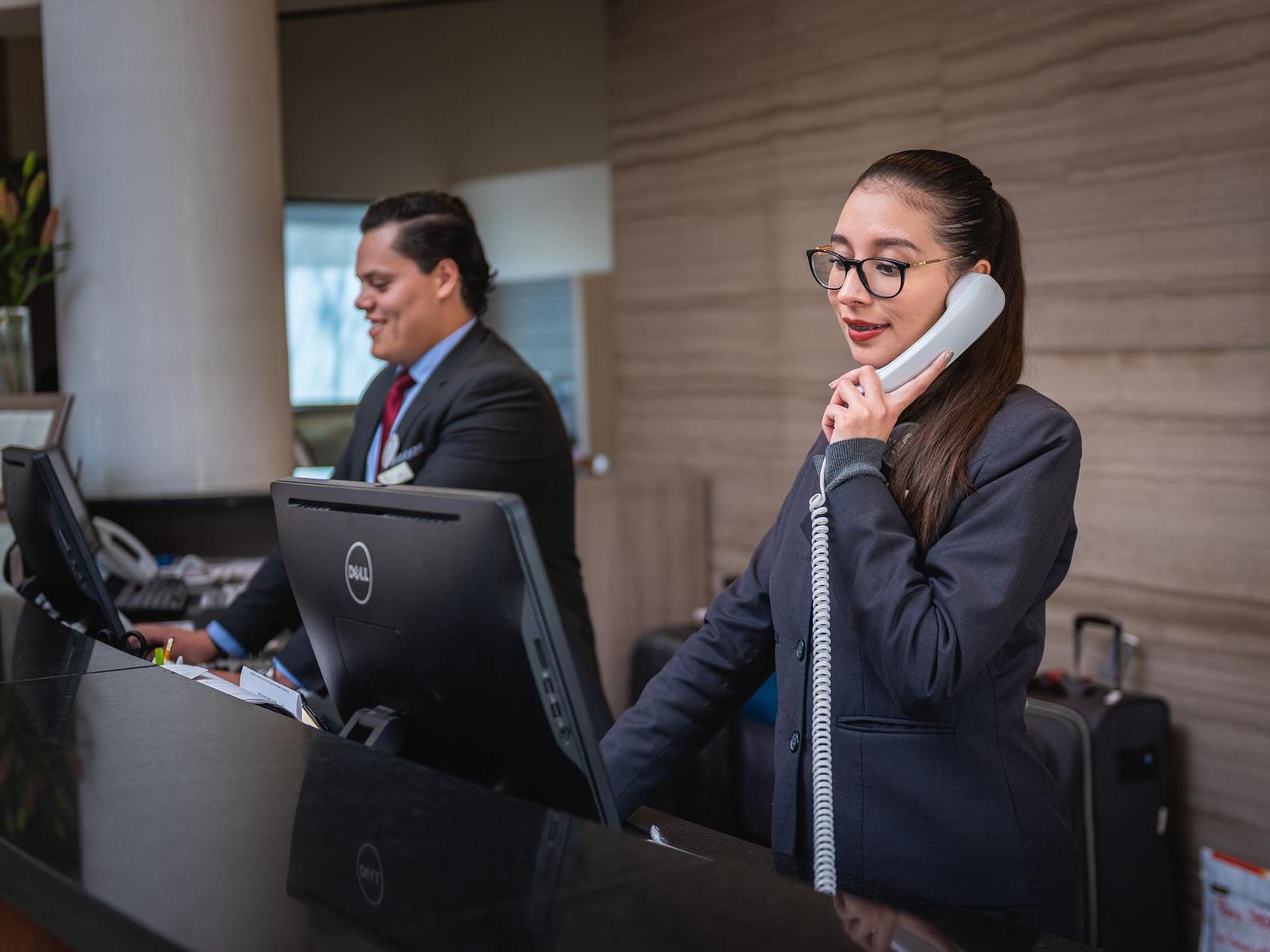
Brian Sims
Editor

Brian Sims
Editor
IN THE hotel and hospitality sectors, it’s not common practice to have large numbers of licensed security personnel on site. That being so, what’s the best way in which to negate risk? As Darren Carter explains, the focus must be on nurturing ownership of security and risk management among all staff members.

Many business sectors are experiencing significant challenges when it comes to recruitment. Fewer jobseekers means that competition is fierce. Employers are having to widen their recruitment strategies and provide flexible roles to ensure that they can attract and retain the right candidates.
My day job is serving as director of security, safety and sustainability for the Edwardian Hotels Group. The luxury hospitality sector has, of course, been no stranger to its recruitment challenges in the last 12-to-18 months or so. We’ve grappled with finding specialist security and safety team members, and even more so individuals for the broader hospitality workforce.
Maintaining continuity of safe and secure environments on a 24/7 basis for all those who choose to spend their time staying with us is critical. We strive for service excellence in all areas of what we do, whether that be ensuring a seamless booking process, helping to make a memorable moment or delivering an overwhelming sense of occasion created by a team effort. How do we as security and risk professionals, though, find opportunities to ease the pressure?
Motivated workforce
Helping to create a motivated, cared for and more capable workforce is the beginning of a process that builds trust. For circa 15 years now, we’ve invited each and every employee to participate in a security programme dubbed ‘Security Through Service’. If we as service professionals – that’s all employees, including non-security staff – consistently deliver high levels of service excellence, we begin to break down risk. It’s a self-owned, mutually supportive cultural behaviour.
Many of the readers of Security Matters will be familiar with, practise or otherwise might even have dismissed entirely the philosophy underpinning Enterprise Security Risk Management (ESRM). ESRM seeks an holistic risk management programme that works in open and transparent partnership with all corners of the business.
It’s not common practice to have large numbers of licensed security personnel on site. That being so, collective ownership of security and risk management is vital. The true value and opportunity of this way of working is that it can help to sustain healthy levels of motivation, nurture and develop skills and, ultimately, leads to staff retention.
Leading up to 2018, London and Manchester had experienced several serious terrorist incidents. In the capital, knife crime continued to show significant statistical rises. Economic cuts to emergency responder resources were still being keenly felt. As a business, we determined to better prepare our members of staff for the very real prospect of one day having to administer life-saving First Aid.
We engaged with the Blue Mountain Group and devised a bespoke training programme incorporating hazardous environments, mass casualties, trauma-centric First Aid response and building lockdown. We now deliver this to front line employees across our Front of House, restaurant and bar teams (ie those most likely to be faced with potentially desperate situations). The training culminates with a live exercise simulation of an external incident that sees victims seeking refuge and being triaged with a building locked down.
The feedback has been incredible. Expressions of enhanced self-worth, increased confidence, of feeling safer, cared for and valued are commonplace among staff members. These are life skills that can also be used outside of the workplace. Departmental skills development continues in tandem.
Engagement programme
There’s a much broader engagement programme provided by the safety and security team for non-security staff which includes conflict management, welfare and vulnerability engagement, identifying signs of modern slavery and human trafficking, ‘See, Check and Notify’ (orchestrated by the Centre for the Protection of National Infrastructure) and ‘Action Counters Terrorism’. This is in addition to other personal safety and security awareness initiatives as well as fundamental workplace safety training.
Embedding mental health First Aid into the organisation is an area of focus just now. Most importantly, we should always be exploring where we are able to provide the best level of support and make the biggest difference, fostering trust and building relationships with all areas of the business.
The emphasis must be on a constant level of engagement, understanding where the business risks sit, putting partnerships to work with risk owners to better understand their needs and determining where, if possible, we can begin to take some of the weight.
In framing these words, there was a constant feeling of the necessity to maintain a positive slant and not to take an easy shot critiquing parts of our industry that seemingly struggle with workforce relations in a big way.
While exploring our support of the wider business, let’s not underestimate the gains to be made closer to home.
Darren Carter CPP MSyI F.ISRM is Vice-Chair of ASIS International’s UK Chapter (www.asis.org.uk)
Dorset House
64 High Street
East Grinstead
RH19 3DE
UNITED KINGDOM
01342 31 4300